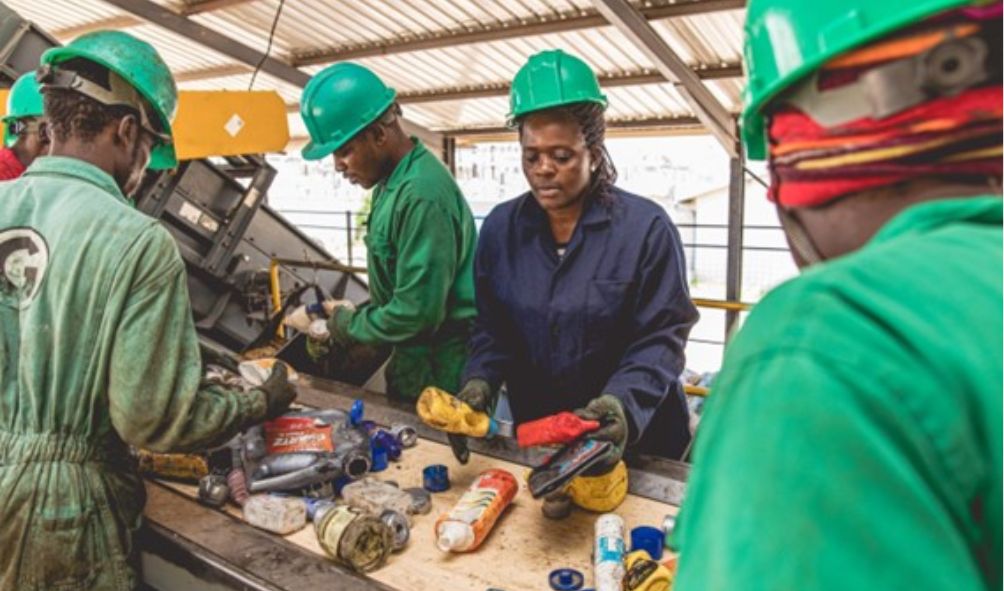Employees to receive salary for work done anytime they want

Employees in informal sector (Juakali workers and small traders ) to get payment anytime they need according to the new model
Employees in informal sector (Juakali workers and small traders ) to get payment anytime they need according to the new model.
As the local economy transitions to embracing the American style of payment, workers in Kenya’s informal sector will now receive their compensation for the days they have worked whenever they need it.
Workers in the industry, which is also known as blue collar employment, have had to wait until the end of the month to receive their salaries, a practice that payroll solution providers claim is driving them deeper into debt as they look for loans to pay for school expenses.
A platform where employees would get compensated for the days they have already worked has been developed as a result of a recent agreement between SeamlessHR and the Melinda Gates Foundation.
Industry participants assert that the approach will assist workers in increasing their output in the workplace.
According to industry players the model will help employees improve on their output at work alongside enabling the small firms manage their employees and create financial history to enable them access loans.
Bidco Kenya CEO Vimal Shah says Most Juakali workers and small traders are not formalized and therefore lack collateral to take to financial institutions, and as a result, are often locked out on credit access by institutions like banks.
“83 percent of Kenyans work in the informal sector, and yet they are the most excluded from formal credit yet they are the ones who make the economic wheel turn,” said Vimal Shah.
Kenya, Uganda seek $6bn in joint bid to take SGR to Central Africa
All civil servants to lose a raft of allowances in the SRC new plan
Azimio and Kenya Kwanza ‘fails’ to agree on the agenda items in their first meeting
Business Billionaire Narendra Raval joins case to support Ruto’s Finance Act 2023
World Bank suspends financing to Uganda over anti-LGBTQ law
Over 83% of Kenya’s working population, according to the Kenya National Bureau of Statistics, is employed in the informal economy.
The adoption of technology has been gradual, and most Kenyan businesses still conduct the majority of their HR functions manually despite the industry’s enormous potential.
7.4 million SMEs in Kenya, according to the Kenya Public Policy Research and Analysis (KIPPRA), struggle to manage their human resources.
“As an employer, u have to look at the welfare of employees. When your employees are settled with no worries, they will work harder. But if you don’t pay them on time, delay in paying rent or fees to go to school, they won’t give you their best,” added Vimal.
Currently in Kenya wage statistics show that in 2021 only 3 percent of the formally employed earned a monthly salary of above Sh100,000 and above.
About 70 percent of the formally employed earned a monthly salary of between Sh25,000 and Sh100,000.
Also read,
Kenya calls for extradition of WorldCoin founder to the country
Media kicked out of Azimio-Kenya Kwanza bipartisan talks
All public servants to get salary increase, set to be backdated to July
Azimio MPs dominate list of active legislators with 15 having never altered a word
Ruto approves National Oil takeover by a private investor
Follow us




